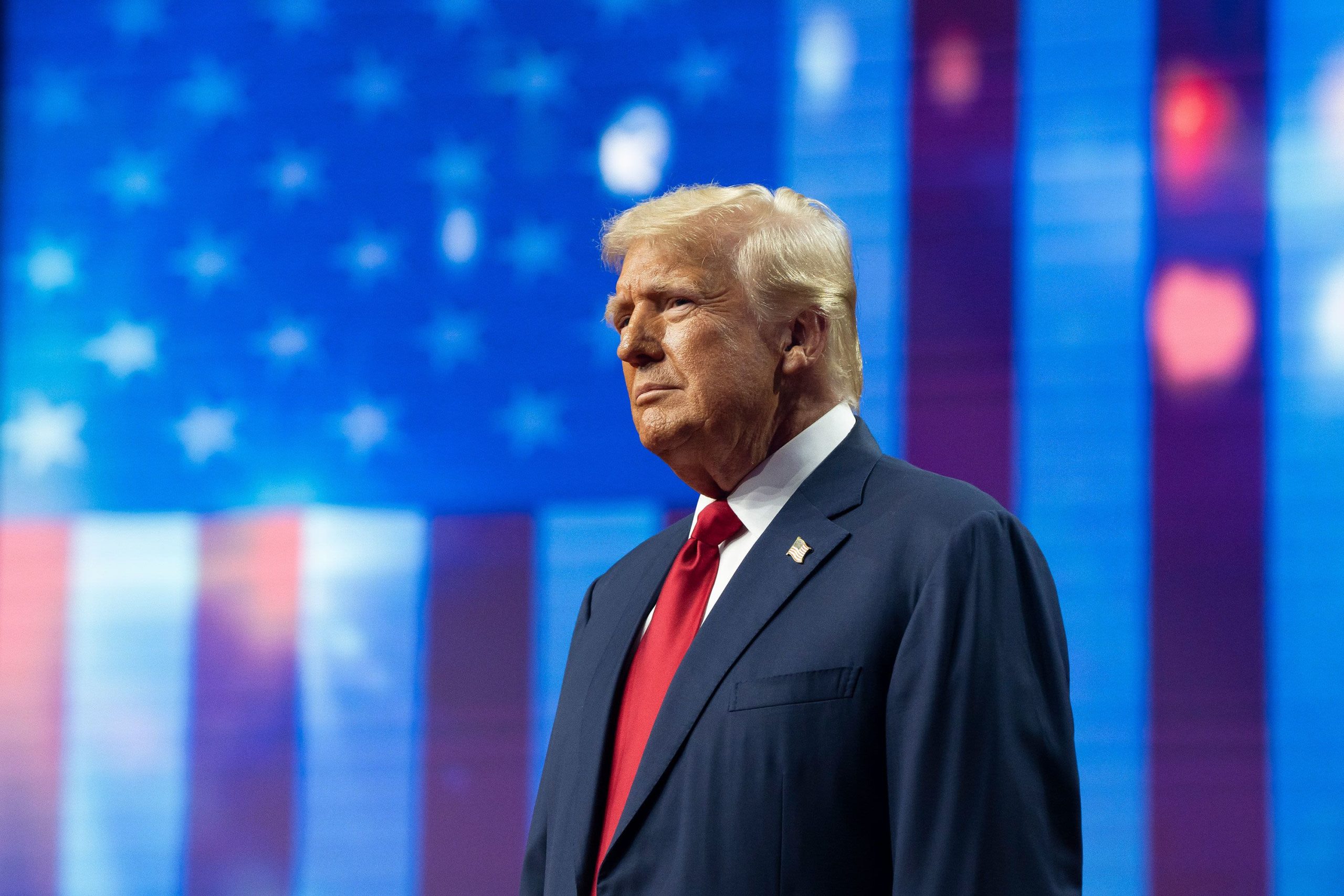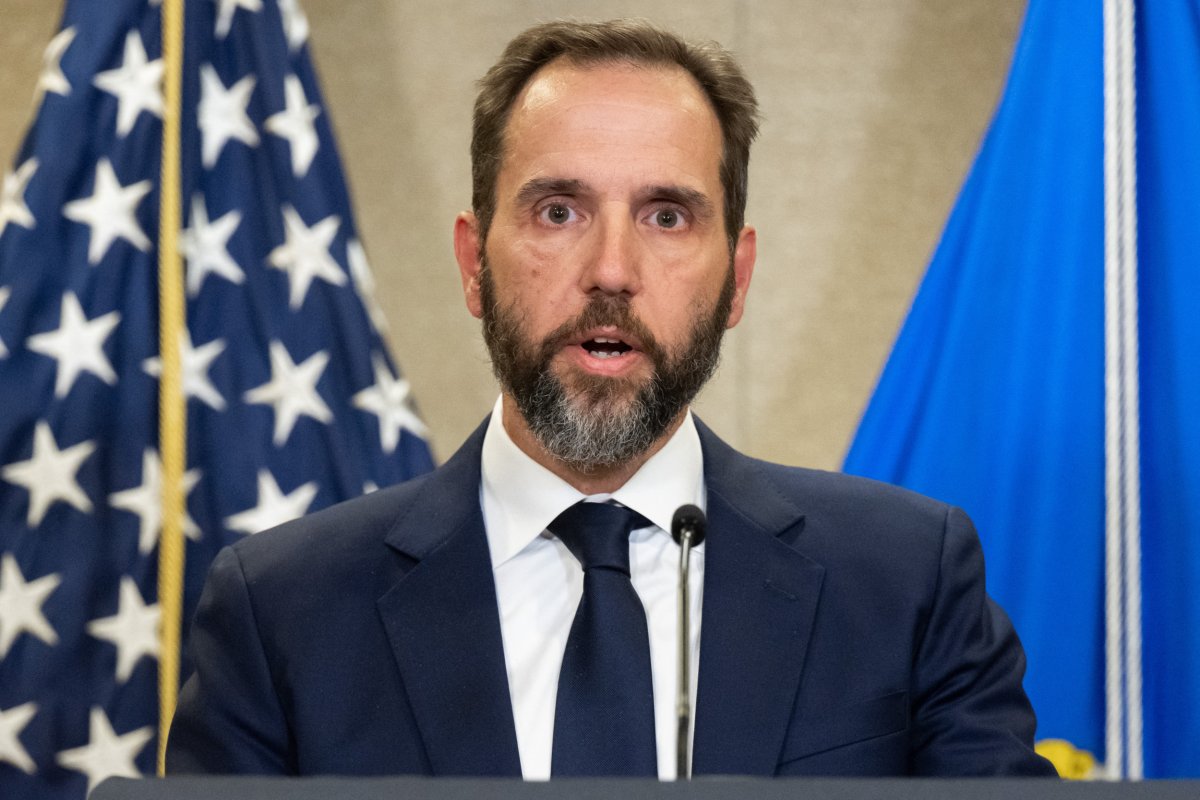In an essay for New York Magazine, CNN senior legal analyst Elie Honig argued that Special Counsel Jack Smith bent legal procedures to harm former President Trump’s electoral prospects. Smith recently filed a 165-page court document addressing Trump’s claim of immunity from prosecution.
Honig criticized Smith’s approach, stating that he successfully received permission from Judge Tanya Chutkan to file a 180-page-long brief, which was four times the normal length, even though the standard procedure doesn’t support such filings at this stage without a defense motion. This move, Honig argued, reflects a pattern of procedural irregularities intended to disadvantage Trump before the election.
Honig highlighted the inconsistencies in Judge Chutkan’s handling of the case, noting that while she previously aimed to expedite Trump’s immunity ruling before the November election, she later claimed not to care about the election timeline.
Despite redacting some names, Chutkan complied with Smith’s request to make the brief public, which Honig viewed as another move in favor of the prosecution. Smith’s actions, Honig contended, show that he is willing to break established norms and legal practices as long as they contribute to damaging Trump’s political prospects.

Elie Honig Criticizes Special Counsel Jack Smith for Procedural Manipulations in Trump Case
In Honig’s analysis, Smith’s conduct is unprecedented, particularly because it contradicts standard criminal procedures where indictments are followed by defense motions, and then prosecutors respond. Smith flipped this process by preemptively filing the document before the defense had even made a motion.
Trump’s legal team objected to this, and although the judge acknowledged that Smith’s filing was “procedurally irregular,” she still ruled in Smith’s favor, a pattern Honig claims has occurred consistently in this case.
Honig further emphasized the prejudicial nature of Smith’s actions, both legally and politically, against Trump. He pointed out the irony in Smith’s proactive steps to release damaging grand jury testimony about Trump, even though Smith had previously complained that Trump’s public statements could influence the jury.
By drafting such a large document containing damaging statements without the benefit of a trial or cross-examination, Honig argued that Smith was undermining fairness in the legal process.
Lastly, Honig criticized Smith for violating core Department of Justice principles, arguing that if prosecutors selectively bend the rules based on who they are targeting, they lose their integrity.
Smith’s filing laid out the argument that Trump is not immune from prosecution and should stand trial for his alleged crimes, but Honig concluded that the means by which Smith pursued this outcome represent a troubling departure from principled legal conduct.











































